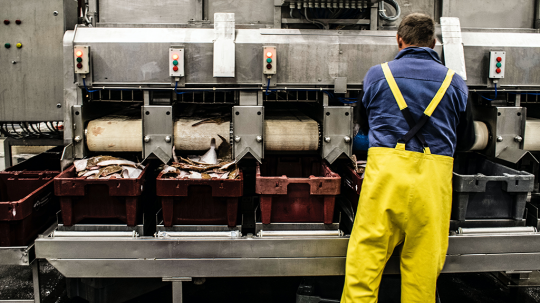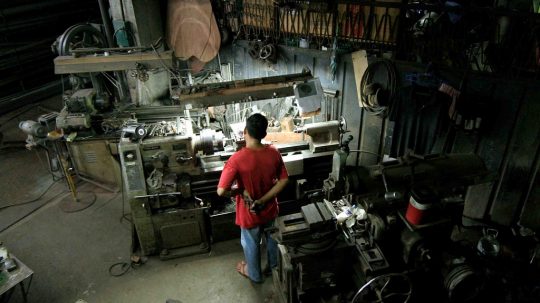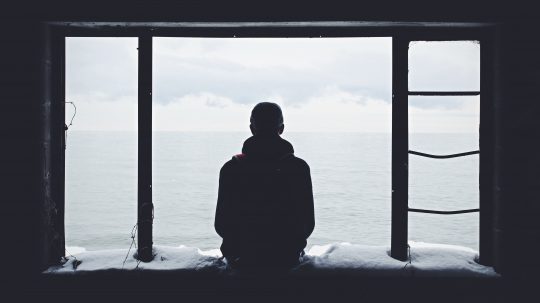Esslemont stated: “These figures, obtained by EachOther, show the Home Office is also knowingly detaining more people already known to them as potential or confirmed trafficking survivors. What is shocking is that these individuals are engaging with the official process to be recognised as trafficked.”
Esslemont explained that because there are no dedicated citizenship pathways for confirmed trafficking victims to apply to in the UK, those who are recognised as being victims of modern slavery may end up in the carceral system.
Home Office under scrutiny for ‘moving goalposts’ for victims of trafficking
Esslemont stated that the government was “moving the goalposts” for victims of trafficking who claim leave to remain. “Survivors have overcome all odds to put together a case, to win over the Home Office and show categorically by the Government’s own definition and criteria that they have been trafficked, and it is still not good enough,” they said. “They’re still at risk of being locked up and deported.”
Rudy Schulkind, Research and Policy Co-ordinator at Bail for Immigration Detainees, said that migrant victims of trafficking were not adequately protected and can be deported. “The reality is that you can’t protect victims of human trafficking within the immigration detention system at the moment. It is a system that treats people as immigration offenders first and foremost,” he said.
“The system doesn’t protect people once they have been identified [as victims of modern slavery]. Often people are told in the same letter: ‘We identify you as a victim of trafficking; however, you do not have any form of leave and you should leave the country’.”
Even when migrant victims of modern slavery were identified, the precarity of their situation undermined efforts to support them, said Emily Kenway.
“Think of someone in the NRM who wants to move on to a better chapter of life,” she said. “ How do you help someone re-build their life when they don’t know whether they’re going to be here [in the UK] or not?”
She said that the modern slavery system appears to show a “preference” for people who have the right to be in the UK, describing it as an “attempt to cast people subject to immigration control as not acceptable victims.”
“Modern slavery has been used as a frame to try to say exploitation is anomalous. That if we lock the nasty people up, everything will be fine. It absolves the immigration system.”
Victims of modern slavery could be deported to Rwanda
The Nationality and Borders Act, which was passed by Parliament earlier this month, sets provisions for the government to remove support for migrant modern slavery victims if they have served a prison sentence of 12 months or more and reduces the time allowed for victims to disclose their exploitation.
In a letter to Home Secretary Priti Patel sent in September last year, Dame Sara said: “There is a real risk this will limit victim engagement in prosecutions and therefore significantly undermine the ability of law enforcement to bring traffickers to justice.”
Speaking about the provisions to set time limits for victims to come forward, she said: “I am concerned that these changes would make the identification of victims of modern slavery harder.”
The Government is facing legal action for the heavily criticised legislation, which plans to send refugees to Rwanda, potentially including victims of modern slavery.
Jamie Fookes from the Anti-Trafficking Monitoring Group in a blog post for Anti-Slavery International accused the government of pushing vulnerable people into asylum camps:





